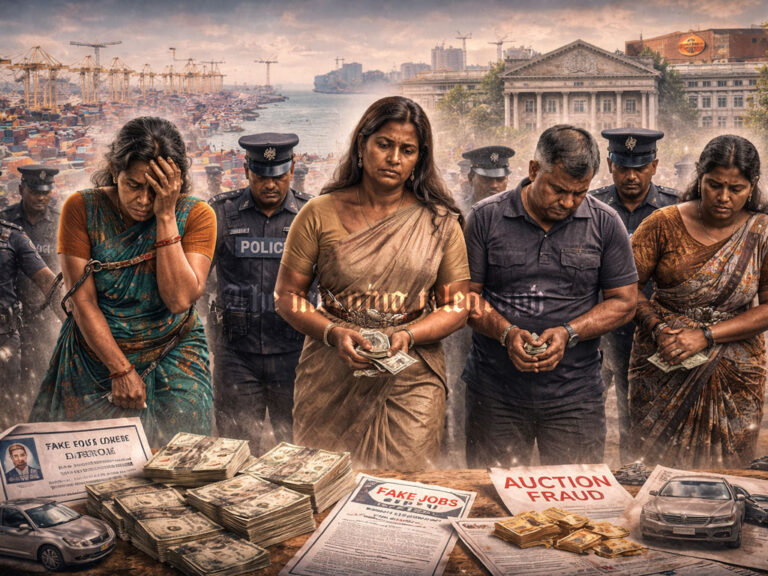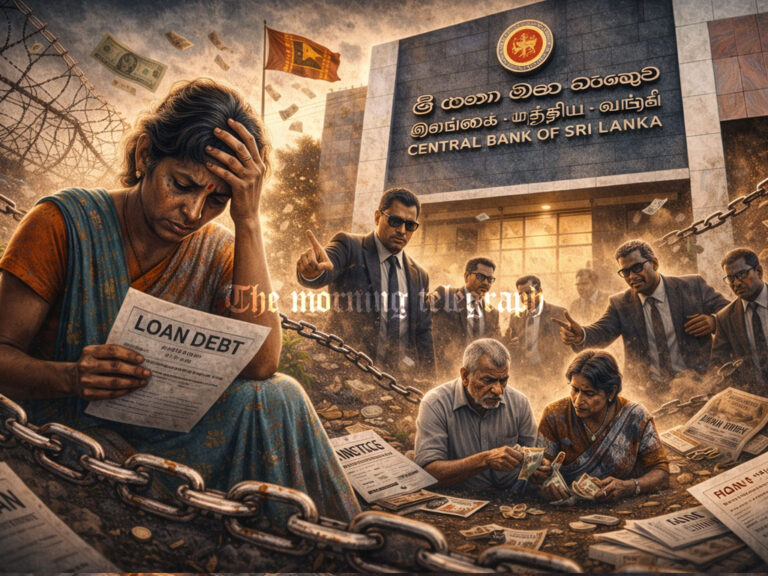
One Million Indian Doctors Strike After Rape and Murder of Colleague in Kolkata Hospital
A nationwide strike involving over one million doctors has brought India’s healthcare system to a standstill following the brutal rape and murder of a 31-year-old female doctor in a Kolkata hospital. The incident has sparked outrage across the country, drawing attention to the persistent issues of violence against women and the hazardous working conditions faced by medical professionals.
The doctor, whose name has been withheld for privacy reasons, was discovered dead on August 9, 2024, in a conference hall at the hospital where she worked. Her body was found naked, bearing injuries that indicated severe abuse, leading authorities to suspect she was the victim of a gang rape. The horrific crime occurred while she was on duty, following a grueling 36-hour shift, a situation that has become all too common in India’s overburdened healthcare system.
The murder has ignited widespread protests among the medical community, culminating in a nationwide strike that has seen approximately one million doctors walk off the job. The strike has paralyzed routine medical services, with hospitals and clinics across India only attending to emergency cases. The Indian Medical Association (IMA) has called for immediate action to ensure the safety of healthcare workers and to address the inhumane working conditions that have long been a source of concern.
In the aftermath of the murder, police have arrested thirteen people, including a group of women, in connection with the crime. However, the main perpetrators remain unidentified, fueling public anger and demands for swift justice. The case has drawn comparisons to the infamous 2012 Nirbhaya case, where 22-year-old Jyoti Singh was gang-raped on a bus in Delhi. That case led to widespread protests and eventually, the implementation of tougher laws against sexual violence in India.
The slain doctor had previously voiced concerns about the safety of female staff in hospitals, particularly during night shifts. Her death has underscored the urgent need for improved security measures in medical facilities, as well as the need to address the culture of excessive overtime that places doctors, especially women, at greater risk.
This tragedy has once again highlighted the pervasive issue of violence against women in India, where many such crimes often go unreported or unpunished. The ongoing strike by doctors is not only a demand for justice for their colleague but also a call for broader societal changes to ensure the safety and dignity of women in the workplace and beyond.
As the strike continues, the Indian government faces increasing pressure to address the demands of the medical community and to take decisive action to prevent such incidents in the future. The situation remains tense, with the possibility of further escalation if the government fails to respond to the growing calls for justice and reform.




